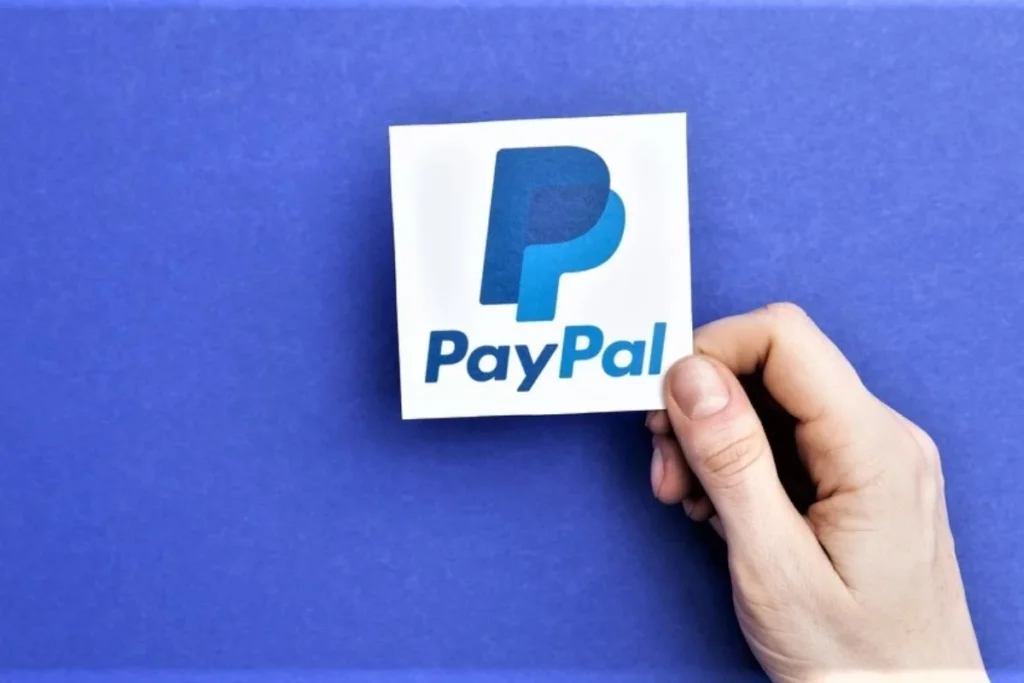PayPal’s new digital currency, called PYUSD, is facing some challenges as it tries to gain popularity. A company that analyzes blockchain data, Nansen, has provided insights into this situation. They found that a big chunk, around 90%, of all the PYUSD coins that have been created are held in the wallets of Paxos Trust, the organization responsible for issuing the stablecoin.
The report also points out that a small portion, about 7%, of the total PYUSD supply can be found in the wallets of cryptocurrency exchanges like Kraken, Gate.io, and Crypto.com. Interestingly, the adoption of PYUSD among experienced investors, often known as “smart money” investors, is not very high.
When PayPal first introduced PYUSD in early August, people in the cryptocurrency industry were excited. People thought that this new digital currency might encourage more folks to use cryptocurrencies, even those who hadn’t tried them before. But even though PayPal has a massive user base of over 350 million people all around the world, only a small number of them have used or stored PYUSD in their wallets during the first few weeks.
From the data in the report, it seems that there might not be a lot of demand from the existing cryptocurrency users for PYUSD. This could be influenced by the fact that PayPal is targeting a specific group of people with this new digital currency.
There are trading pools for PYUSD on decentralized exchanges like Uniswap, but they haven’t seen a lot of activity. These pools have a relatively low number of tokens, with each pool having fewer than 50,000 tokens. Looking at the biggest individual holders of PYUSD, there’s a moderate level of engagement. One interesting point is that the largest holder who isn’t an exchange or a contract owner has less than $10,000 worth of PYUSD. They got this digital currency after selling three other types of cryptocurrencies.
Read More: PM Modi calls for global framework to regulate cryptocurrencies
Digging deeper, the analysis shows that there are less than 10 holders (excluding exchanges or contracts) who have more than $1,000 worth of PYUSD.
Even though PYUSD hasn’t been adopted widely, it’s important to remember that it’s only been around for a short time – less than three weeks. Its launch happened suddenly without any big public announcement.
It’s also worth mentioning that Paxos Trust Co is the one issuing PYUSD, and it’s tied to the US dollar. This digital currency is built on the Ethereum network and backed by things like dollar deposits and short-term Treasuries. It’s not alone in the market – there are other digital currencies like USD Coin (USDC) and Tether (USDT) that have larger market capitalizations.


